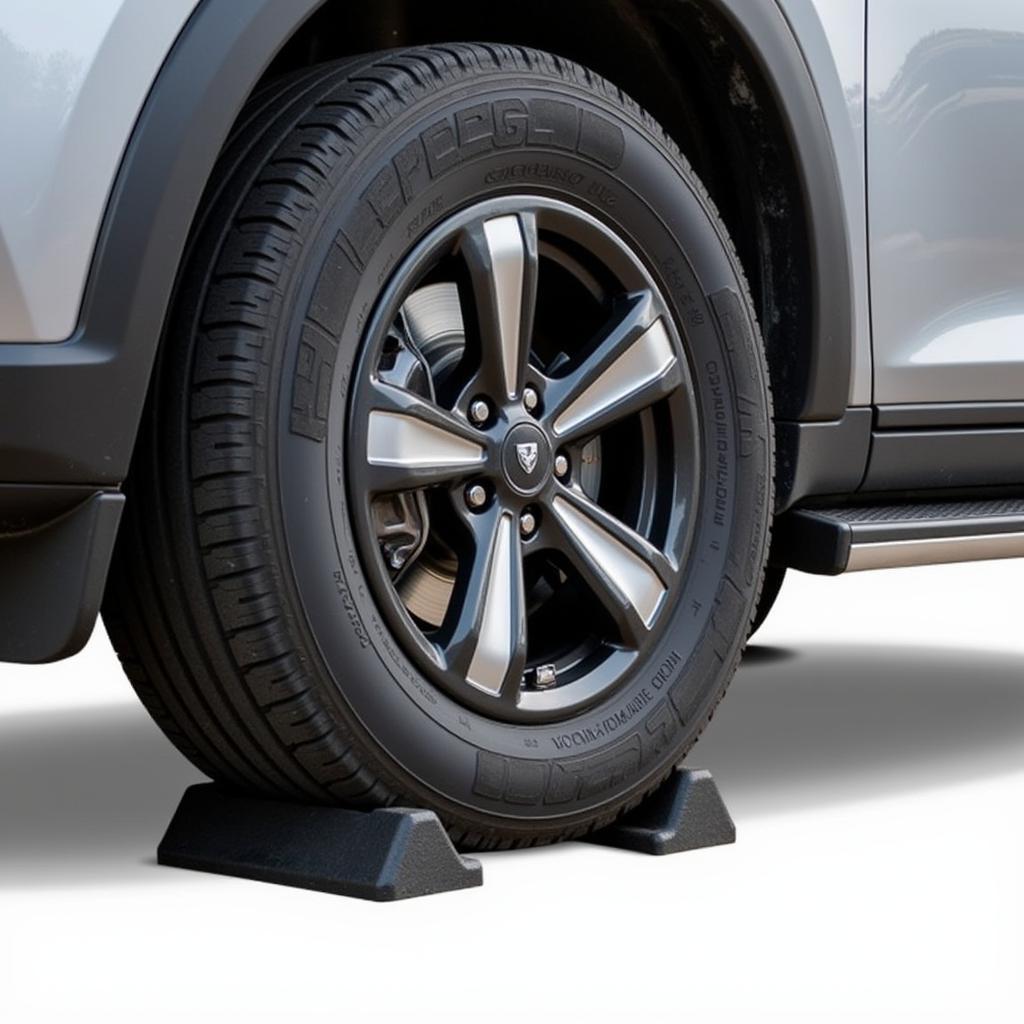Car batteries are a crucial component of your vehicle’s functionality, providing the power for your starter motor, lights, and other electrical systems. While most car batteries are advertised as “maintenance-free,” this doesn’t mean they never require any attention. In this article, we’ll dive into the lifespan of maintenance-free car batteries, explore factors that influence their longevity, and provide tips for maximizing their performance.
Understanding Maintenance-Free Car Batteries
Maintenance-free car batteries are designed to be more convenient than traditional lead-acid batteries. They have a sealed construction, eliminating the need for regular topping off with distilled water. However, these batteries still have a limited lifespan, and their performance can be affected by various factors.
Average Lifespan of a Maintenance-Free Car Battery
The average lifespan of a maintenance-free car battery is 3 to 5 years, although factors such as driving habits, climate, and battery quality can significantly influence this range.
Factors Affecting Maintenance-Free Car Battery Lifespan
- Driving Habits: Frequent short trips can reduce battery life as they don’t allow the battery to fully charge.
- Climate: Extreme temperatures, both hot and cold, can accelerate battery degradation.
- Age: As batteries age, their internal components wear down, leading to reduced capacity and performance.
- Battery Quality: The quality of the battery manufacturer and its components can impact its longevity.
- Vehicle Usage: Cars with more electrical accessories, like heated seats or power-hungry sound systems, can put more strain on the battery.
- Charging System: Malfunctioning charging systems can lead to undercharging or overcharging, both damaging the battery.
Tips for Maximizing Maintenance-Free Car Battery Lifespan
- Drive Regularly: Regularly driving your car for extended periods allows the battery to fully charge and discharge, improving its overall health.
- Minimize Short Trips: If you frequently make short trips, consider running your car for 15-20 minutes to ensure adequate battery charging.
- Park in a Cool, Dry Place: Avoid parking your car in extreme heat or cold, as these conditions can damage the battery.
- Regularly Check the Battery Terminals: Ensure the terminals are clean and free of corrosion, as this can hinder the flow of current.
- Have Your Charging System Tested: Periodically have your vehicle’s charging system inspected by a qualified mechanic to ensure it is operating properly.
- Consider a Battery Conditioner: A battery conditioner can help maintain battery health by providing a low-level charge even when the vehicle is not in use.
Signs of a Failing Battery
- Slow Cranking: If your engine turns over slowly when you start the car, it could be a sign of a failing battery.
- Dim Lights: Dim headlights or interior lights can also indicate a weak battery.
- Clicking Noise: If you hear a clicking noise when you try to start the car, it’s likely the battery is not providing enough power to the starter motor.
- Warning Light: Your vehicle’s dashboard may display a battery warning light if the battery is low.
Expert Insights
“Many people think that maintenance-free car batteries are truly ‘maintenance-free,’ but this isn’t entirely accurate,” explains John Smith, a certified automotive technician with over 20 years of experience. “While you don’t need to add water, it’s still crucial to maintain their health by following good driving habits and regular inspections.”
“The quality of the battery you choose is critical,” adds Sarah Johnson, a battery specialist**. “Investing in a reputable brand with a strong warranty can save you from premature battery failure and potentially costly repairs.”
Conclusion
While maintenance-free car batteries are designed for convenience, they are not immune to aging and environmental factors. By understanding the factors that impact their lifespan and implementing preventative measures, you can extend the life of your battery and avoid unexpected breakdowns.
Remember, regular maintenance is crucial for keeping your car running smoothly. If you notice any signs of a failing battery, don’t hesitate to have it inspected by a qualified mechanic.
Contact Us for Expert Help
Need help with your car battery or other maintenance needs? We’re here to assist you! Contact AutoTipPro at +1 (641) 206-8880 or visit our office at 500 N St Mary’s St, San Antonio, TX 78205, United States.
FAQ:
- Q: How often should I have my car battery tested?
- A: It’s a good idea to have your battery tested every 12 to 24 months or if you experience any warning signs of a failing battery.
- Q: Can I jump start a maintenance-free battery?
- A: Yes, you can jump start a maintenance-free battery using standard jump start procedures.
- Q: How long should a car battery last?
- A: The average lifespan of a maintenance-free car battery is 3 to 5 years, but it can vary based on the factors mentioned above.
- Q: Can I replace my car battery myself?
- A: Yes, you can usually replace a car battery yourself. However, it’s important to follow proper safety procedures and disconnect the battery terminals correctly.
- Q: What is the difference between a standard car battery and a deep cycle battery?
- A: Deep cycle batteries are designed for repeated deep discharges, commonly found in golf carts and marine applications. Standard car batteries are intended for short bursts of power to start the engine and provide power for the electrical system.







Leave a Reply